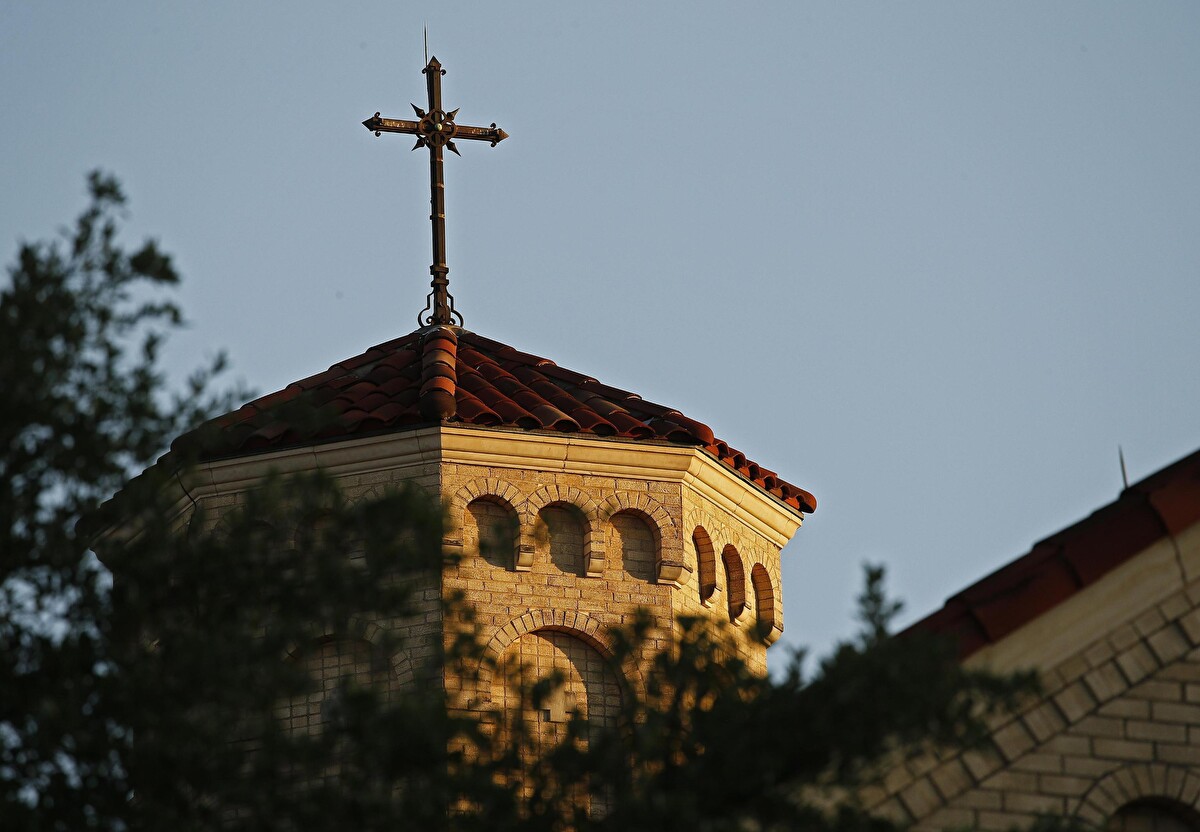U.S. President Donald Trump is flying to the Middle East. On Monday, he is expected to land in Riyadh for a four-day trip that will take him to Saudi Arabia, Qatar and the United Arab Emirates.
Unlike his 2017 swing through the region, which included stops in Israel and Europe, the mission will bypass Tel Aviv entirely. According to White House officials, the visit is strictly business-focused and not intended as a traditional diplomatic engagement.
Asked why Israel was excluded, a senior West Wing official replied tersely: “We’ve seen him 700 times already.” In reality, Prime Minister Benjamin Netanyahu has visited Washington just twice during Trump’s presidency. Still, some analysts believe the close alignment between the two leaders may be fraying — a result, they say, of Israel’s hardline military campaign in Gaza and its push toward de facto permanent occupation of the Palestinian enclave.
The trip comes at a time of high regional tension. The war in Gaza is ongoing, Iran’s nuclear ambitions remain under scrutiny, and the Saudi-Israeli normalization process has largely stalled. Yet, none of these issues is expected to feature prominently during Trump’s time on the ground. The primary aim, according to administration sources, is to secure new investment deals and deepen U.S. economic ties with Gulf nations.
Chief among Trump’s goals is a renewed financial commitment from Saudi Arabia. In early talks, Crown Prince Mohammed bin Salman pledged $600 billion in U.S.-bound investments. Trump reportedly asked to raise the figure: “Let’s make it a trillion,” he is said to have told the Saudis. “They agreed, so I’m going,” Trump said weeks ago. The White House has offered no confirmation on the details.
While in Riyadh, Trump is expected to take part in the Saudi-U.S. Investment Forum alongside top executives from U.S. corporations, including BlackRock’s Larry Fink, Citigroup’s Jane Fraser and IBM’s Arvind Krishna.
“This trip isn’t about reshaping the Middle East,” Steven A. Cook, a senior fellow at the Council on Foreign Relations, told The Washington Post. “Trump neither wants to nor intends to.” That, however, won’t stop Gulf leaders from pushing their own agendas during high-level meetings.
One issue likely to be raised quietly is Iran. Despite having pulled the U.S. out of the 2015 nuclear agreement during his first term, Trump is now reportedly open to reengaging with Tehran under revised terms. His aides have initiated direct contacts with Iranian officials, who are demanding a substantial easing of sanctions in exchange for cooperation. “It’s the most urgent issue on the table,” said Michael O’Hanlon of the Brookings Institution. “And possibly the only one with meaningful impact.”
Gaza will also remain a key undercurrent. Saudi officials, along with other Arab leaders, fear that Washington may be seeking third-party partners to accept displaced Palestinians — a move some interpret as a precursor to permanent resettlement and loss of Palestinian territorial claims. Talks between Israel and Arab states have been frozen since the Hamas attacks of October 7, which derailed efforts to revive the Abraham Accords. Riyadh has insisted on a clear pathway toward Palestinian statehood. The U.S., so far, has offered mainly economic incentives.
Trump’s visit comes as the Trump Organization — now led by his sons — is expanding its business footprint in the region. Over the past week, the company announced two new projects: a luxury hotel in Dubai and a high-end golf resort outside Doha, both in partnership with Dar Global, a private real estate developer active in the Gulf.
The White House has dismissed any suggestion of impropriety. “The idea that the president would benefit personally from this trip is unfounded,” press secretary Karoline Leavitt said. “President Trump gave up a successful business career to serve the country. He has lost money, not gained, by being president.”












